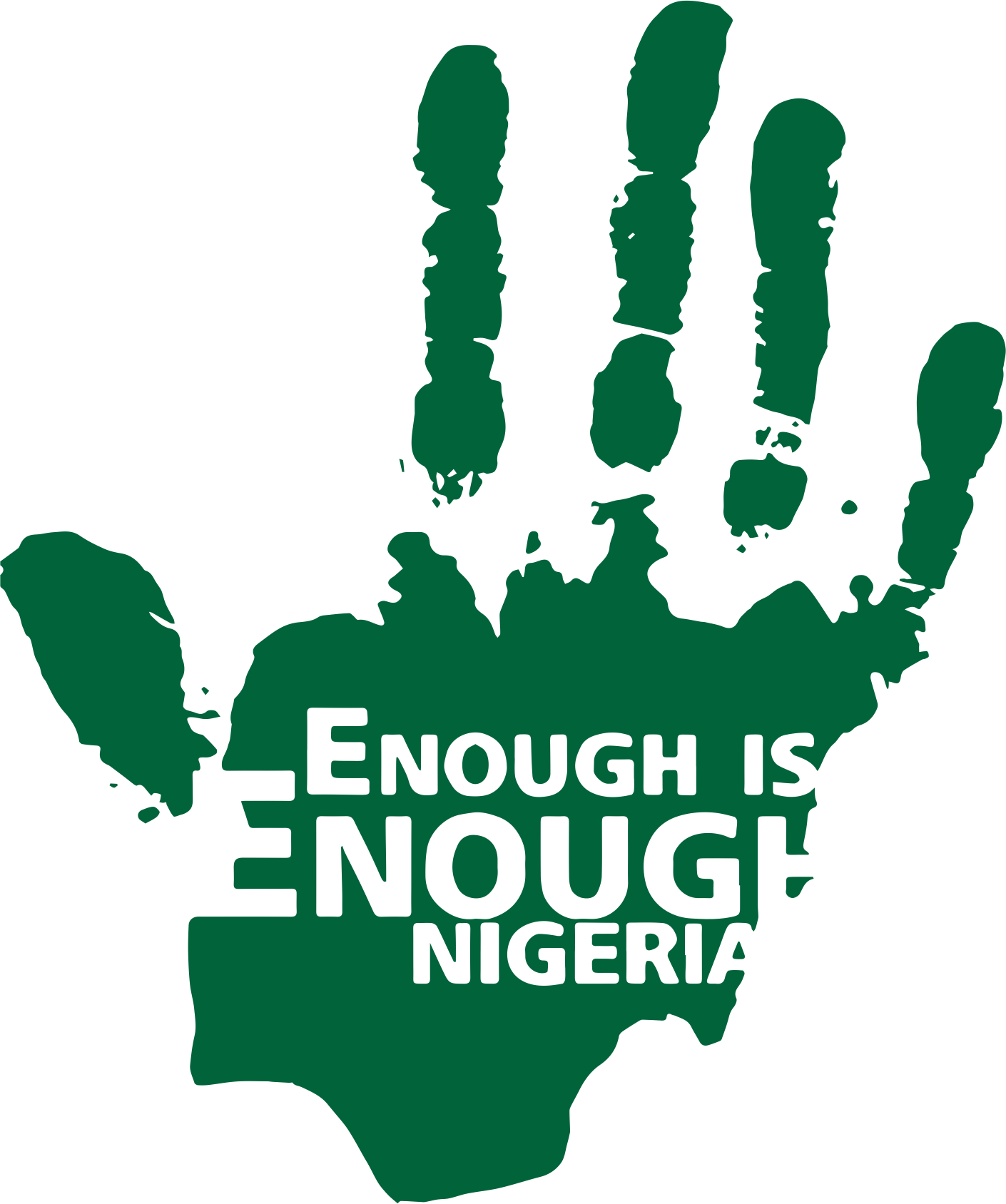On Thursday, Semptember 01, 2022, a coalition of civil society organisations urged the government, potential presidential candidates for 2023, and other key players to give accountability issues in governance processes, fiscal transparency, and strategies to support anti-corruption organisations and address gender issues top priority.

The CSOs, including Yiaga Africa, Accountability Lab Nigeria, Connected Development, Socio-Economic Rights and Accountability Project, BUDGIT, and Enough is Enough, reaffirmed the need for Nigeria to work toward establishing inclusive governance in a statement made available to press in Abuja., Connected Development, Socio-Economic Rights and Accountability Project, BUDGIT, and Enough is Enough, reaffirmed the need for Nigeria to work toward establishing inclusive governance in a statement made available to press in Abuja.

Part of the statement read, “Nigeria has to work towards attaining inclusive governance where all classes of citizens and underserved groups have every chance to effectively engage in governance processes.”
The organisations complained about the absence of publicly available information regarding the disclosure of assets of prospective political candidates, according to the statement.
“Although there is a legal structure requiring political office holders to disclose their assets, the extent of compliance is uncertain because information on this subject is not generally accessible. Political corruption is fueled by the absence of publicly available information on the financial standing of prospective candidates for public office.
“The monetisation of politics was the main headline during the political parties’ primaries and has become a pointer to how vote-buying and selling will play a disruptive role in the 2023 elections. This has also affected the value of the naira, as aspirants now deal in and distribute major international currencies, especially the dollar.
“In the last couple of weeks, the dollar to naira exchange rate peaked at N715 on the parallel market due to the undue pressure on the value of the naira. Vote-buying has become a widespread practice, where democracy has struggled to be fully consolidated due to Nigeria’s entrenched corrupt political class, trapping citizens in self-sabotaging, subservient relationships with political leaders,” it read.
The CSOs urged the candidates to “publicly declare their assets; declare the utilisation, and retiring of their 2019 campaign funds in compliance with sections 85-90 of the 2022 Nigerian Electoral Act, as a sign of good faith and commitment to publishing same after the 2023 elections; declare plans to address negative behaviours that lead to violence, such as vote-buying, and publicly reject vote-buying before and during the 2023 elections.”
They also urged the candidates to “reinforce Nigeria’s moral code in accordance with the National Pledge: ‘To be truthful, loyal, and honest. to give all of my strength to serving Nigeria. to protect her honour and grandeur, and to defend her union; Adopt a strategy to push the Gender and Equal Opportunities Bill as well as a Gender Equality and Social Inclusion approach in their political campaigns and engagements.
In accordance with the National Policy on Disability and the Discrimination Against Persons with Disabilities (Prohibition) Act of 2018, “declare the proportion of appointive posts for Persons with Disabilities.”
The statement ended, “We further demand that the National Assembly oversees the Independent National Electoral Commission’s full operational independence ahead of the 2023 elections and succumb to repeated pleas for transparency about its budget and auditing of its funds.



















